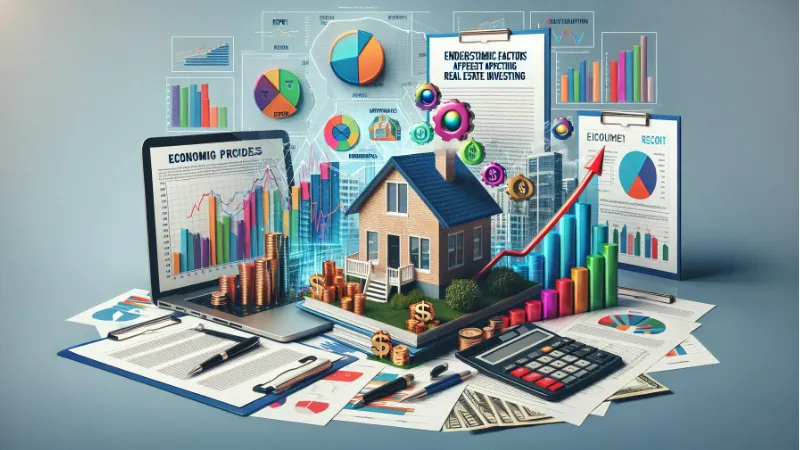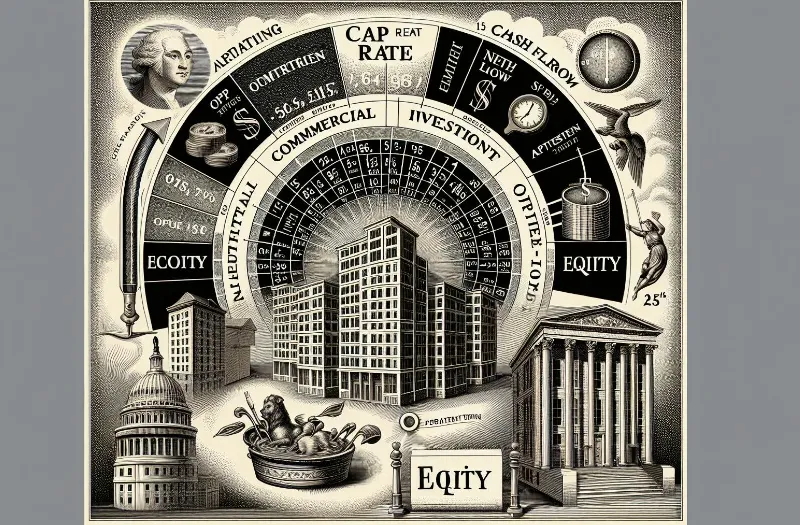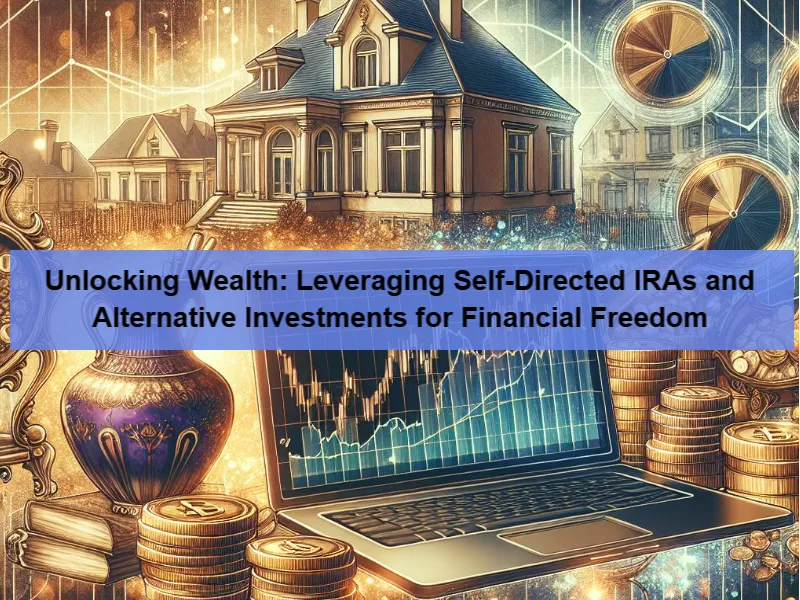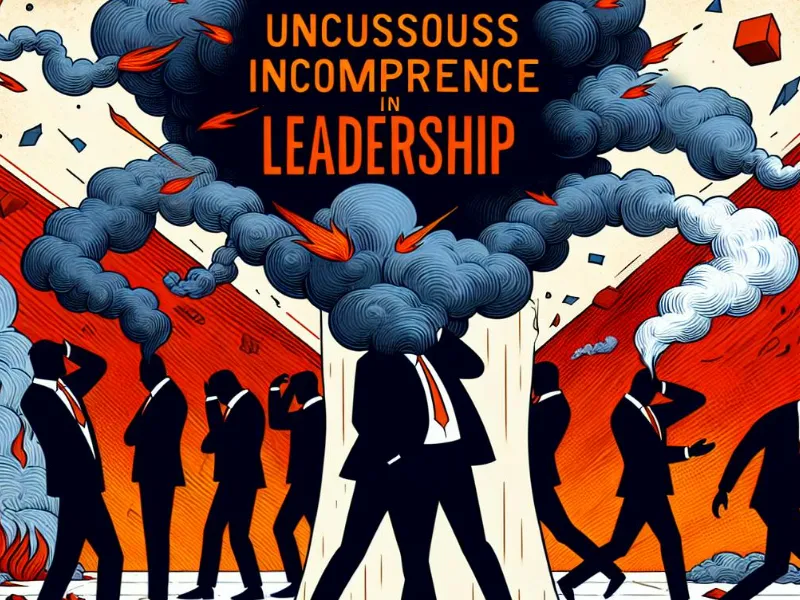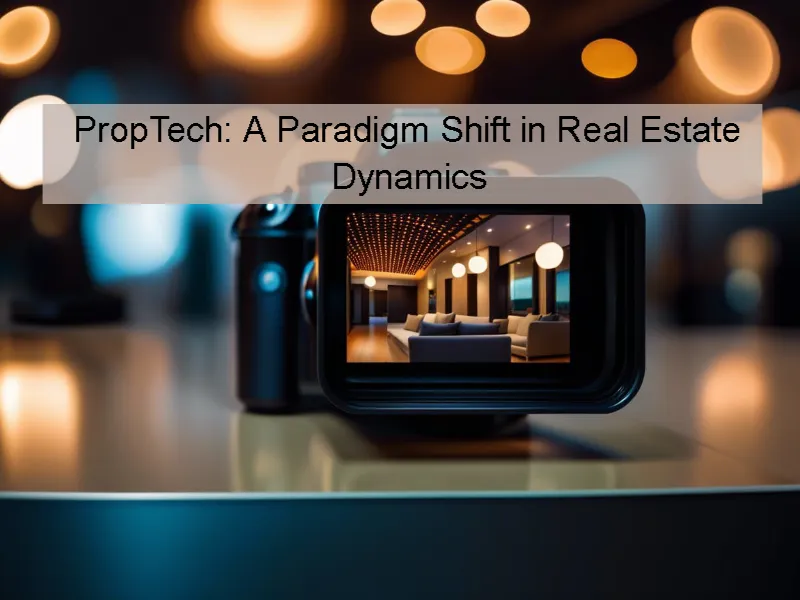The Human Touch in Real Estate: Why Personal Communication Beats Automation

A Shift in Real Estate Communication
In the rapidly evolving world of real estate, automation and bots have made their mark.
For agents, the allure of instant responses and streamlined communication is tempting.
However, as experienced agents can attest, the practice of relying heavily on automation, particularly in the initial phases of client communication, may result in missed opportunities.
The human element is indispensable, especially when it comes to nurturing relationships with potential buyers and investors.
Imagine a scenario where someone expresses interest in a multifamily property and immediately receives a barrage of automated messages about single-family homes. This disconnect can alienate potential clients, leaving them feeling lost in a sea of automated responses.
This article will discuss the drawbacks of automation and emphasize the importance of personal touch in the real estate sector.
The Automation Dilemma
It's no secret that websites like Realtor.com have become central hubs for buyers and investors looking for properties.
While these platforms are designed to facilitate the search, they often employ automation that may not align with a buyer's specific needs.
For instance, when an investor requests information about a mobile home park, they may instead receive automated emails promoting single-family homes.
This scenario is not merely inconvenient; it fosters frustration and can lead to potential clients feeling undervalued.
Understanding the Impact of Automated Communication
Automated messages may seem efficient but can lack the personal touch that builds trust and rapport. In an industry where relationships are vital, relying too heavily on bots creates barriers.
A human touch allows agents to discern the subtle nuances of a client's needs.
Take the story of Jessica, a real estate agent who closed several deals with investors in her locality.
She recalls her early days when she too depended on automated systems.
“I would send out auto-responses and think I was ahead of the game, but most replies I received were uninterested.
It wasn’t until I made an effort to engage personally that my responses improved,” she shared.
The Importance of Tailored Responses

Personalized communication cultivates relationships.
When potential clients receive messages tailored to their interests—whether it's a multifamily dwelling or a mobile home park—they are more likely to engage and feel appreciated.
This is especially important for investors who often have specific criteria in mind. Consider Mike, a seasoned investor who emphasizes the need for personalized engagement.
“When I express interest in a property type, I expect relevant information that caters to my investment strategy.
Otherwise, I just feel like another number,” Mike explains.
The Psychological Aspect of Buyer Engagement
People appreciate being recognized as individuals rather than just leads.
This acknowledgment can significantly enhance their experience.
Personalized responses demonstrate that you value their specific needs, leading to greater loyalty and stronger relationships.
A simple inquiry about a multifamily unit should not trigger a generic email about single-family homes.
Instead, a tailored message can suggest local investment trends, recent sales, or financing options pertinent to multifamily properties, creating a bridge of understanding.
An Analytical Approach
Research indicates that personalized communication improves engagement by up to 70%.
A Harvard Business Review study revealed that personal touches not only enhance customer satisfaction but also significantly boost conversion rates.
When agents take the time to customize responses, they not only provide clarity but also build credibility.
Imagine receiving a personalized video message from an agent discussing potential investment opportunities.
Such engagement resonates profoundly, prompting buyers to respond.
Building Authentic Relationships
In real estate, building authentic relationships is paramount.
It goes beyond just closing deals; it’s about creating a network of satisfied clients who will refer you and return for future needs.
Consider the tale of Linda, who transitioned from a corporate career to real estate. Her success was rooted in the relationships she built.
“Clients often told me they appreciated how I genuinely listened to their needs.
It’s what set me apart in a sea of automation,” Linda recounts.
Counteracting Automation Fatigue
Automation fatigue is real. Buyers and investors often feel overwhelmed by relentless automated messages that fail to address their individual interests.
Such fatigue can lead to disengagement and loss of potential business.
To counteract this, agents should integrate a system that allows for personalized follow-ups, even after an automated inquiry.
This way, clients feel acknowledged without the pressure of automated systems that often misread their intentions.
Embracing Technology Wisely
While technology plays a pivotal role in modern real estate practices, its use should not overshadow the human aspect.
Incorporating CRM systems that allow for a blend of automation and personal touch can yield the best results.
Agents can schedule follow-up messages while ensuring that the content aligns with individual client interests.
Success Stories from the Field
Agents who have successfully navigated the balance between automation and personal engagement have witnessed remarkable results.
For example, Carla, a real estate agent in Austin, transformed her business by eliminating reliance on bots and opting for human-led follow-ups.
“By focusing on communication that felt genuine, I’ve turned many leads into lifelong clients,” she explains.
The Economic Benefit of Relationship Building
The economic benefits of fostering relationships are undeniable.
Studies reveal that repeat clients are 10 times more profitable than new clients due to lower acquisition costs.
Personal communication cultivates repeat business while enhancing referrals, yielding long-term benefits for agents.
Making the Shift
In an era where automation is rampant, real estate agents must remember that the true essence of this profession lies in building relationships.
While automated systems serve a purpose, they should not replace the valuable interactions that can arise from human engagement.
Investors and buyers are looking for partners, not transactions.
By prioritizing personal communication, agents can differentiate themselves in the market, ensuring success that extends beyond the initial transaction.
Embrace the Human Touch
If you're ready to transform your approach to communication in real estate, start today by:
- Evaluating your current communication strategies and identifying areas for personalization.
- Creating templates that allow for tailored messaging based on property types.
- Prioritizing follow-ups that demonstrate genuine interest in your clients' needs.
The shift from automation to a personal touch may require effort, but the rewards are immeasurable.
Building relationships will not only enhance your credibility but also ensure a successful, fulfilling real estate career.














